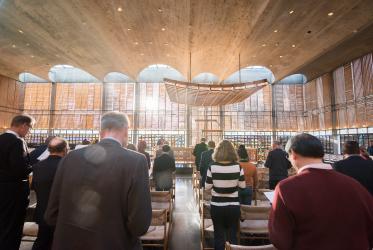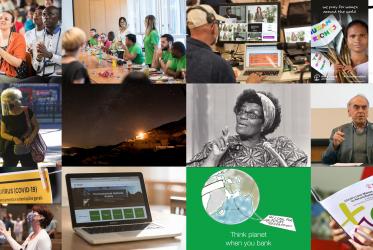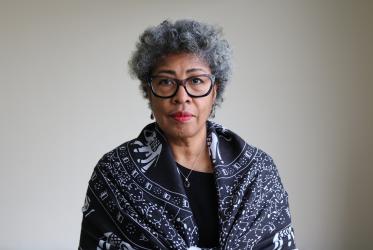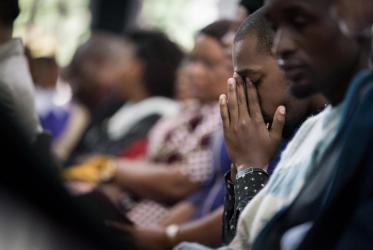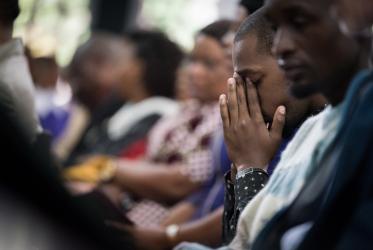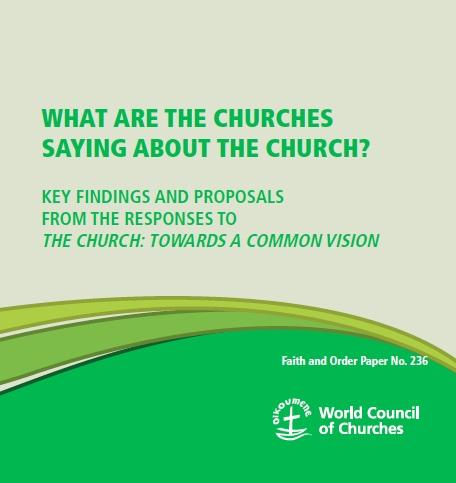Displaying 81 - 100 of 303
27 January 2022
World mourns loss of Archbishop Desmond Tutu
30 December 2021
Perkins names Dr Evelyn Parker as 2021 Distinguished Alumna
11 November 2021
What Are the Churches Saying About the Church?
Key Findings and Proposals from the Responses to The Church: Towards a Common Vision
21 June 2021
